Palestinians remember former leader

November 18, 2010
On November 11, Palestinians commemorated the sixth anniversary of the death of former Palestinian leader, Yasser Arafat. Arafat was the first president of the Palestinian National Authority, leader of the Fatah movement, chief of the Palestinian Liberation Organization (PLO) and commander of the PLO armed forces. After leading the Palestinian struggle for nearly four decades, he died in 2004 of an unknown disease in Paris. He never achieved his dream of bringing a successful end to the Palestinian struggle and forming an independent Palestinian state.
Arafat began this struggle early in the 60s, but it didn’t reach the international stage until the 70s when the U.S. offered to assist peace talks after the 1974 Arab-Israeli War. Arafat then believed in a peaceful solution and attended the U.N. General Assembly’s first full debate on the Palestinian struggle. He attended as the sole representative of the Palestinian people, and told the U.N. Assembly at the debate, “Today I have come bearing an olive branch and a freedom fighter’s gun. Do not let the olive branch fall from my hand.”
Violence would begin again in 1982, when Israel invaded Lebanon’s capital in an attempt to assassinate Arafat and crush the PLO. The violent conflict involving Lebanon and the PLO against Israel became a long and violent war. Arafat had to retreat, but still survived each attempt to find and kill him.
Arafat changed his ideas in 1988 during the First Palestinian Uprising where he condemned acts of terrorism and began to recognize Israel’s right to exist. He would begin to participate in peace talks with Israel between 1991 and 2000 in an attempt to establish an independent Palestinian state, which is a cause he never gave up on and brought to the world’s attention.
Today, Arafat remains a controversial figure but one of the most influential figures in modern Middle Eastern politics and history. Views about him are still contested, and vary among those of his supporters and opponents. Many see him as a guerrilla fighter, a politician, and a peacemaker. He won the Nobel Peace Prize in 1994 “for his efforts to create peace in the Middle East, renouncing acts of terror and becoming a sincere participant in a true peace process.” His opponents see him as a militant terrorist who seemed more like an authoritative figure than a peacemaker. They claim that he failed to stop widespread corruption in the Palestinian Authority when he was president and to reduce unemployment and poverty.
On the anniversary of his death, thousands of Palestinians attended a rally in the West Bank city of Ramallah. Palestinian officials, members of the Fatah movement, and the PLO were among attendees. The previous night, there were similar commemorations for Arafat’s legacy at his grave and in the city of Bethlehem, where hundreds participated in candle marches. At the rally, the current Palestinian President, Mahmoud Abbas, claimed the leadership would continue to uphold Arafat’s ideas and efforts in achieving a Palestinian state with East Jerusalem as its capital.
Abbas reaffirmed to the crowd that Palestinians are devoted to a peaceful solution to the conflict with Israel but claimed Israel is hurting this effort by expanding illegal settlements in the West Bank and East Jerusalem. “We see Israel confiscating land, building settlements and Judaising Jerusalem with unprecedented speed… and then ask that we return to negotiations,” said Abbas.







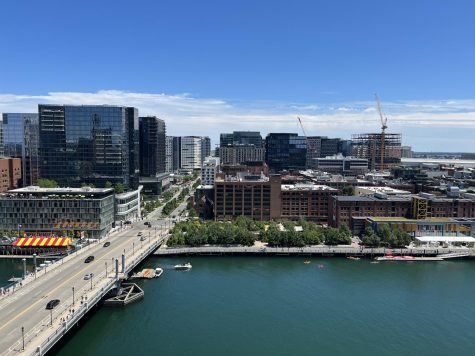

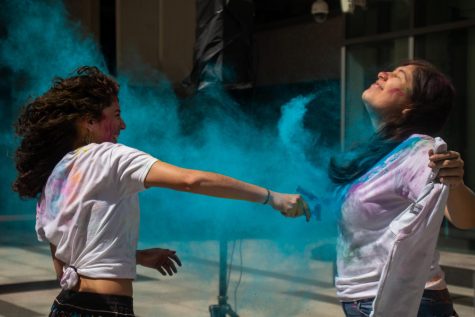
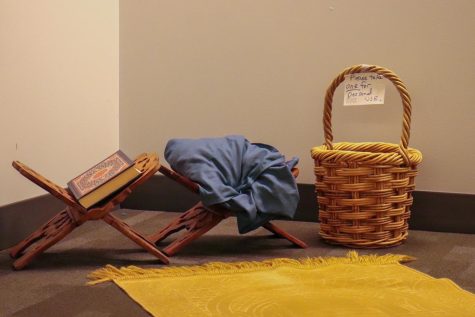
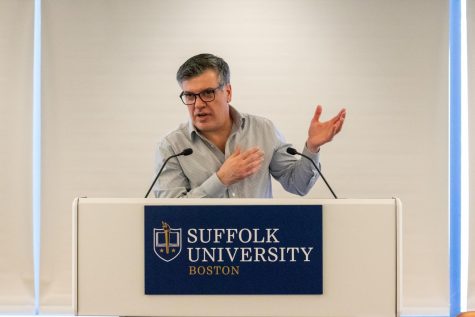
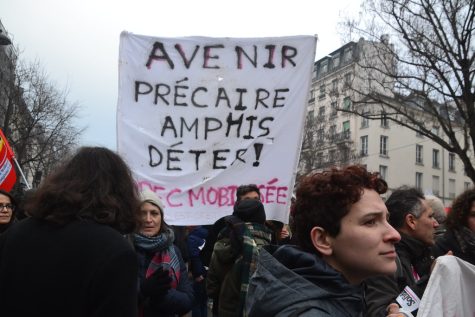
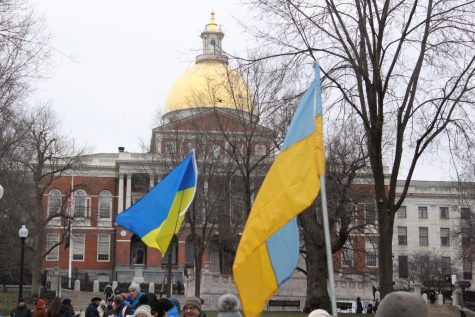
Gertrude • Sep 21, 2011 at 7:16 am
Which came first, the problem or the soltiuon? Luckily it doesn’t matter.